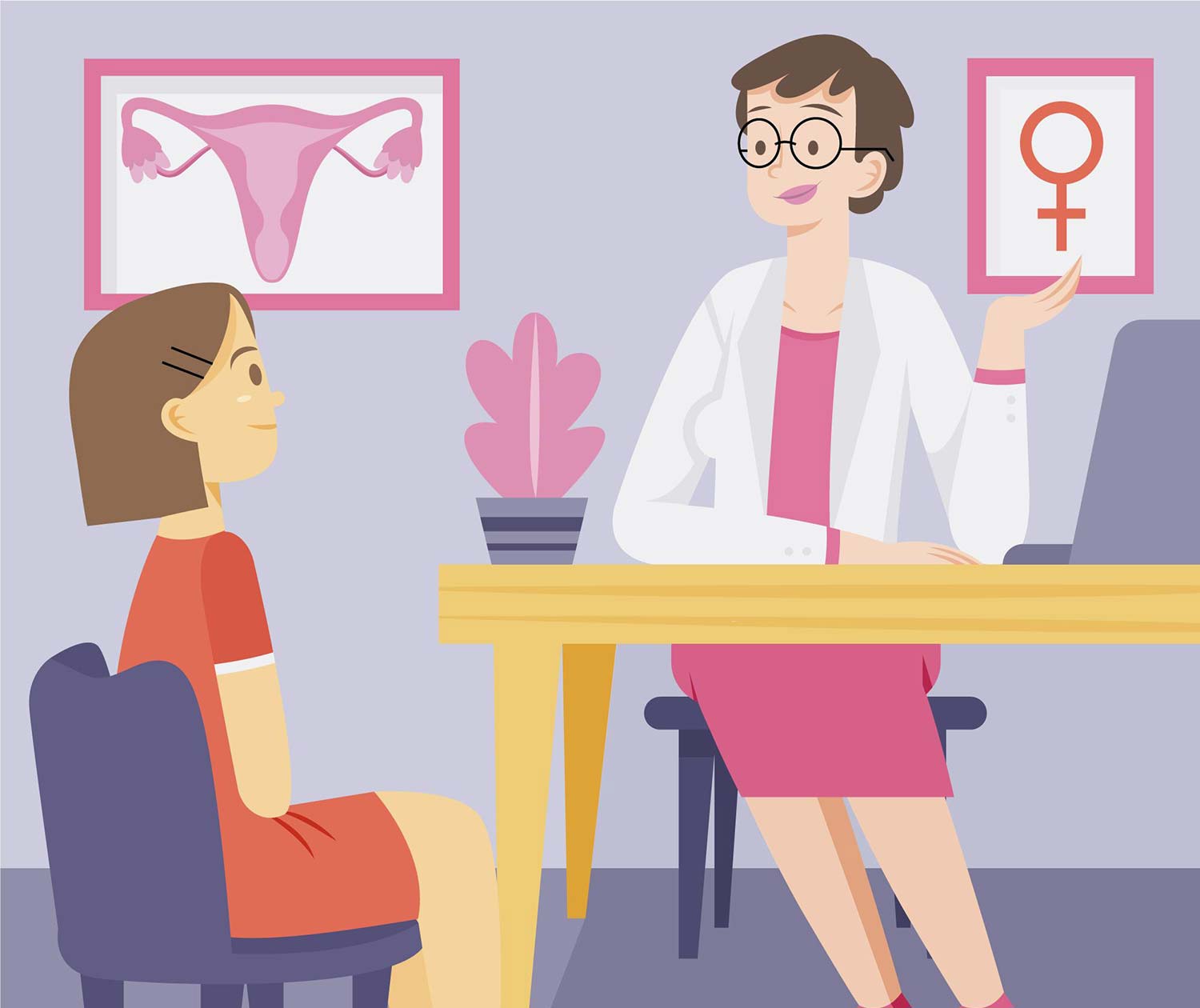Checking in on your sexual health!

Sexually transmitted infections (STIs) pose a significant health risk both in Sri Lanka and globally, and can affect persons of all genders, ages and sexuality.
All persons who are sexually active should ensure healthy sexual wellbeing by routinely testing for STIs. Due to the fear of judgement, taboos and stigma surrounding sexual health, most people resist or neglect getting tested. However, it Is important to get regularly tested, especially if a person has unprotected sex, has multiple partners or experiences any unusual symptoms (described below). Regardless of the number of sexual partners or even if there has only been genital to genital contact with a partner, it is important to get tested as everyone is at risk of acquiring an STI.
Early detection of an STI enables treatment to be also initiated early, curtailing symptoms and preventing complications such as infertility. Most infections can be cured with a simple course of medication. However, certain viral conditions, like HIV (Human Immunodeficiency Virus) and herpes cannot be cured, but effective treatment is available to control the infection.
There have been numerous recent initiatives in Sri Lanka to ensure that STI testing and treatment is now simple, affordable and accessible to all.
Symptoms to look out for
STIs can spread easily through genital-to-genital contact, oral sex, vaginal sex and anal sex, especially when sexual intercourse is unprotected. Unfortunately, most persons are asymptomatic and do not exhibit any symptoms even though infected, and can continue to spread the infection to the others.
If symptoms do exist, they may present as:
- Vaginal or penile discharge – including a change in colour, smell and quantity
- Burning sensation or pain on urination
- Vulval (external female genitalia) or penile itching
- Pain whilst having sex
- Skin wounds on or around the genital area, anus or mouth
- Abdominal pain
- Unexplained fever
Certain symptoms, such as itching of the genitals or pain on passing urine, are not only a sign of an STI, but may be due to other conditions such as vaginal thrush or even a urinary tract infection.
The use of condoms (protected sex) significantly reduces the chance of acquiring STIs.
What to get tested for
It is important to consult a healthcare professional prior to getting tested so that the correct tests can be requested. The healthcare professional will first ask questions regarding a person’s sexual history, and may also examine the person for any signs of STIs.
STI testing may involve taking a sample of blood, urine, an oral/vaginal/rectal or penile swab. These tests are not associated with significant pain, and samples are taken quickly.
The commonest STIs to get tested for are Chlamydia, Gonorrhoea, Syphilis, HIV, Herpes, Hepatitis B and Hepatitis C. The doctor will decide on which of the above diseases to test for based on a person’s sexual history, and may also request additional tests. Most test results are available within 48 hours, but some may take longer.
Where to get tested
There are a number of locations to access sexual and reproductive health services which include testing for STIs. These include:
- The National STD/AIDS Control programme and the 40+ Government STI clinics can be found across the island providing sexual health services free of charge.
- The 8 Family Planning Association of Sri Lanka clinics provide sexual health services free of charge or at a subsidized affordable cost.
- Testing services can also be found in the private healthcare sector, but at a cost.
Personnel working in the above facilities have been trained to provide non-judgemental, private and confidential services to all clients regardless of age, gender and sexuality. So make your sexual health a priority, and get tested!
.png)



